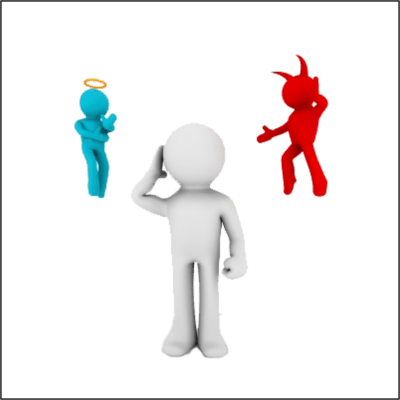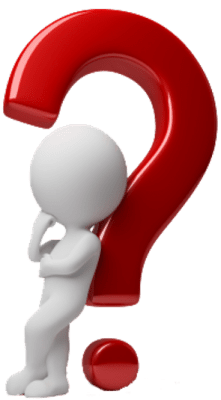Supervising Others
Supervising Others Supervising others can be a tough job. Between managing your own time and projects, helping your team members solve problems and complete tasks, and helping other supervisors, your day can fill up before you know it. The Supervising Others course will help supervisors become more efficient and proficient, with information on delegating, managing […]
Supervising Others Read More »










